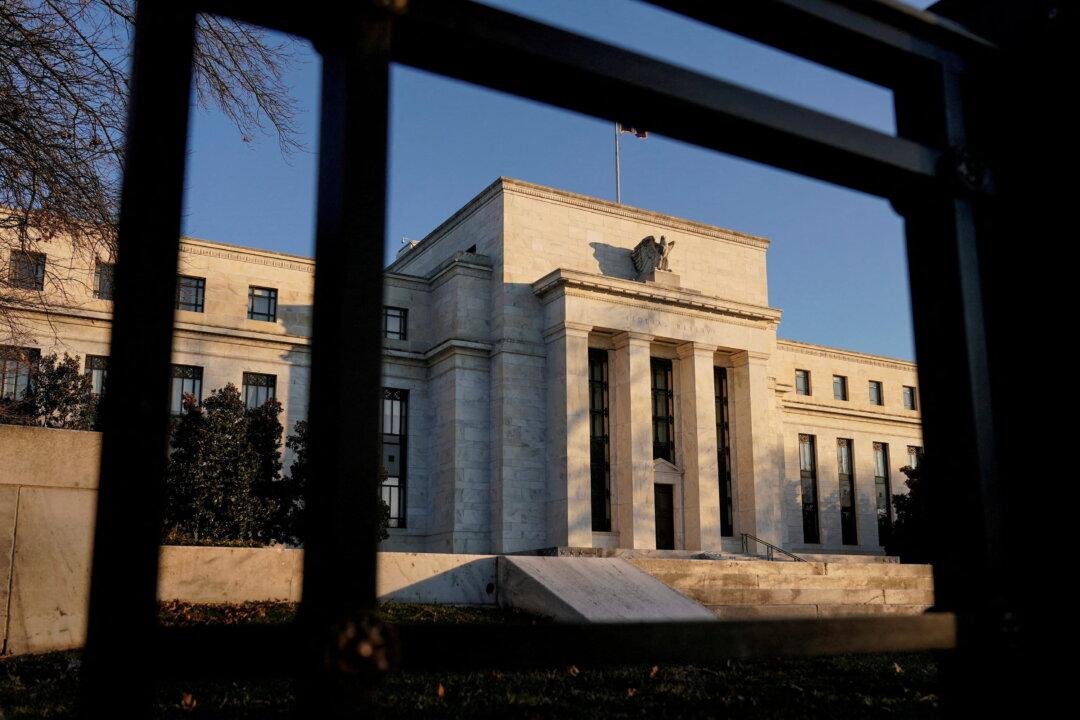NEW YORK—The Federal Reserve could pause its monetary policy tightening in September if there is an economic deterioration and inflation subsides, Bank of America (BofA) strategists said on Thursday, a day after the U.S. central bank released the minutes from its May policy meeting.
All of the Fed’s policymakers agreed to hike interest rates by half a percentage point at the May 3–4 policy meeting to counter rampant inflation and most participants said further hikes of that magnitude in June and July could be appropriate.





